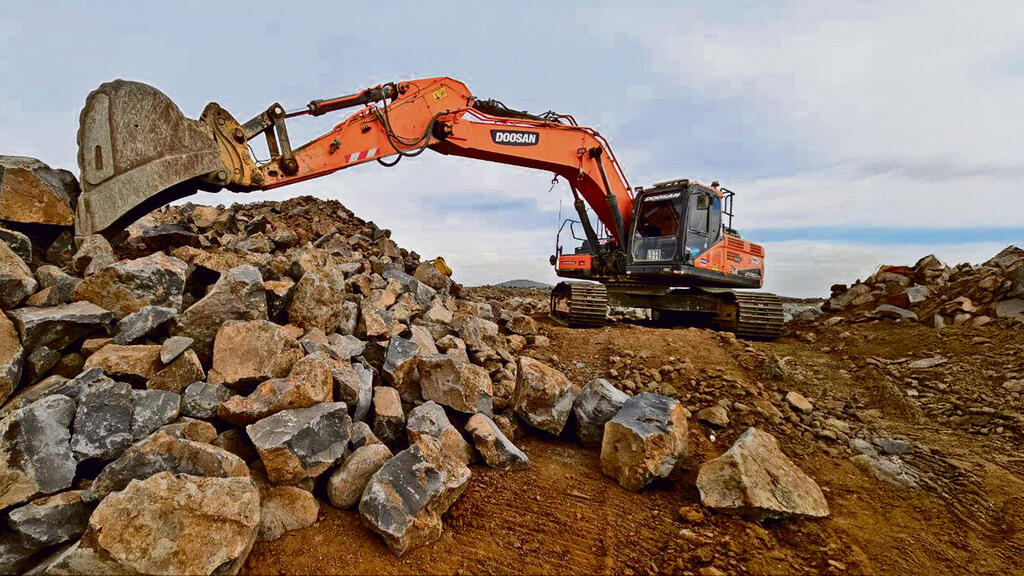“Combat engineering, combat engineering and more combat engineering of all kinds. If we could double the Combat Engineering Corps, not just Yahalom, we’d have done it by now,” a senior IOF officer told Ynet, highlighting the growing demand for engineering capabilities amid prolonged fighting across multiple arenas.
To address these challenges, the IOF plans to establish an additional regular combat engineering battalion in the coming months, adding to the existing three. However, this move is only a partial solution. Ynet mentioned that, in recent months, the IOF has increasingly relied on civilian contractors for operational missions in combat zones, under the command of IOF officers. Initially limited in scope, this practice has grown significantly.

Civilian contractors, using large orange bulldozers, have been deployed to level hundreds of buildings in the Netzarim Corridor in northern Gaza, drill for tunnels in areas like the Philadelphi Corridor in southern Gaza and clear space for safer IOF attacks. The Philadelphi Corridor itself has been expanded to a width of 3-4 kilometers, providing a buffer for IOF forces. This trend has extended beyond Gaza. In Lebanon, contractors have crossed the border to clear vast thickets.
Some civilian engineering missions in Gaza have reached the front lines, with battalion commanders deploying teams to demolish buildings used to fire on IOF forces. In several recent cases, contractors were spotted working without protective gear such as helmets, overalls or uniforms. One of them described that “even if they ask us to protect ourselves, it is not comfortable to drill or dig under the sun for hours with a helmet on. We are briefed by the officers before each workday and are warned about how to behave in the event of an operational incident. It is clear that this is dangerous work.
Source: Ynet




